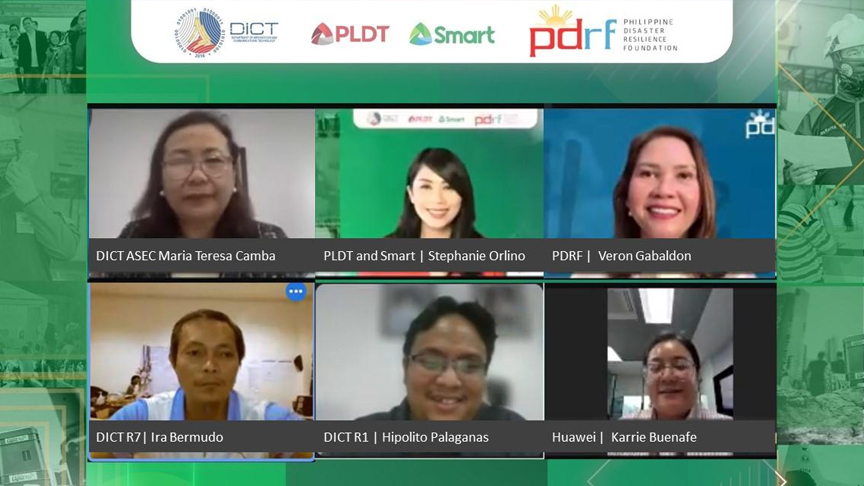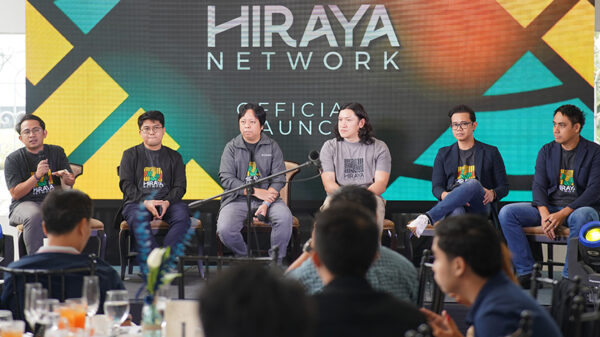In celebration of National Resilience Month, PLDT and Smart, together with the Department of Information and Communications Technology (DICT), Philippine Disaster Resilience Foundation (PDRF) and Huawei Philippines recently concluded a capacity-building workshop to strengthen the emergency communications capabilities of the DICT.
With representatives of the national and regional offices of the DICT in attendance, the two-day workshop underscored the importance of mapping out an emergency communications plan to help the agency respond effectively during emergencies. The sessions also included a discussion of the best practices of emergency communication plans as shared by Josyn Chille Mae Taping, Engineer II of DICT Region XI.
“In our country where calamities can strike unexpectedly and with great force, effective communication stands as a lifeline. Through this training, we aim not only to enhance our preparedness, but also to strengthen our ability to communicate swiftly and effectively during times of crisis,” said Maria Teresa Camba, DICT ASEC for Regional Development.
“We recognize that communication is a form of aid during times of disaster, equal to that of food and water. As providers of critical communications, before, during and after disasters, it is incumbent upon us to help build a culture of preparedness among communities. We are happy to collaborate with the DICT and our partners as we all work towards a safe and smart Philippines,” said Stephanie Orlino, PLDT and Smart AVP and Head of Stakeholder Management.
Together with key partners, PLDT and Smart have been rolling out these training sessions to help bridge the gap in emergency communications during disasters. The group does this by providing access to communications devices and connectivity, conducting relevant disaster resilience training, providing community-based early warning platforms, and providing emergency communications support to disaster-hit communities. Integrating both the equipment and capacity development into the existing preparedness and response efforts of LGUs can further strengthen their institutional resilience.
“It is our hope that this initiative will give us clear pathways towards achieving the goal of enhancing the emergency communication plans, to benefit not only the DICT, but our key stakeholders. We are grateful for this opportunity to be of service as we strengthen the disaster resilience of companies, of communities, and of our country,” said Veronica Gabaldon, PDRF Executive Director.
The recently concluded training sessions are a vital component of the Ligtas Kit, PLDT and Smart’s all-in-one emergency communications bundle that comes with equipment and comprehensive training, the Infocast platform, a web-based broadcasting solution that can help disseminate information to multiple recipients, to better equip communities during disasters. Early this year, PLDT and Smart turned over a Ligtas Kit to DICT Region 3 and continues to roll out the emergency communications kit to partners in hazard-prone areas.
All these efforts are part of the group’s broader commitment towards a #SafeandSmart Philippines and is aligned with the UNSDG #11: Sustainable Cities and Communities.









































































































